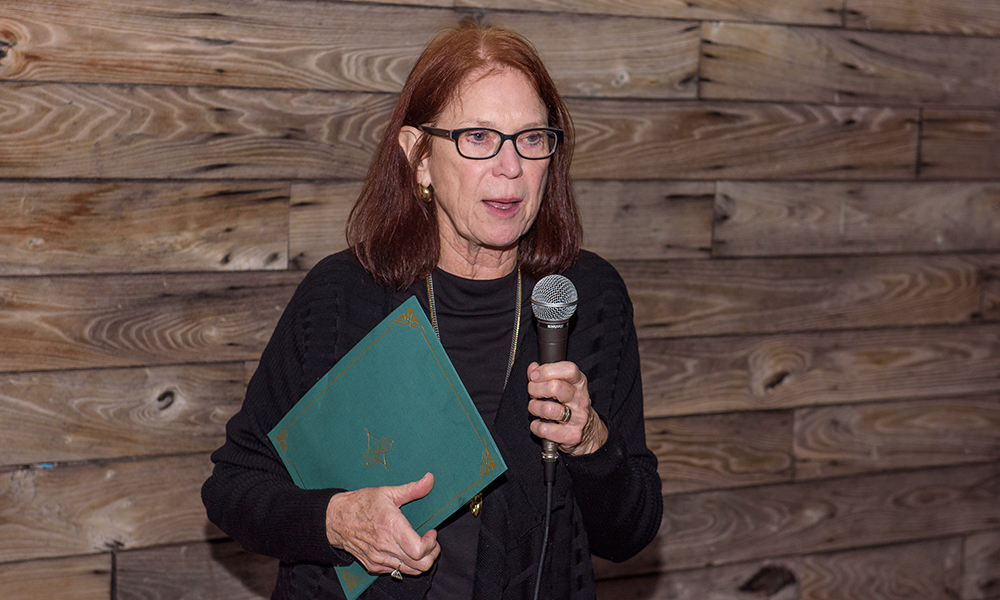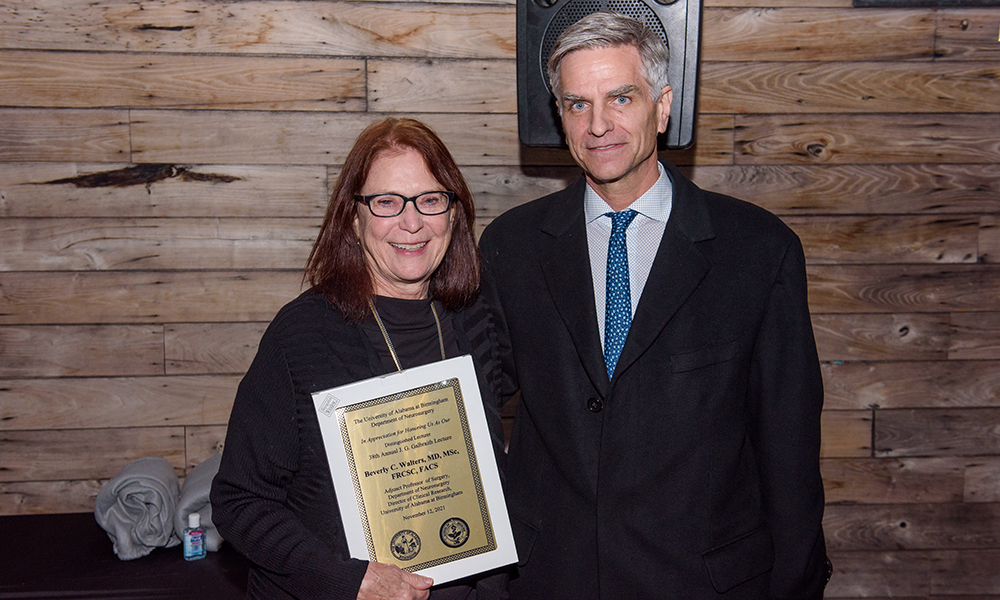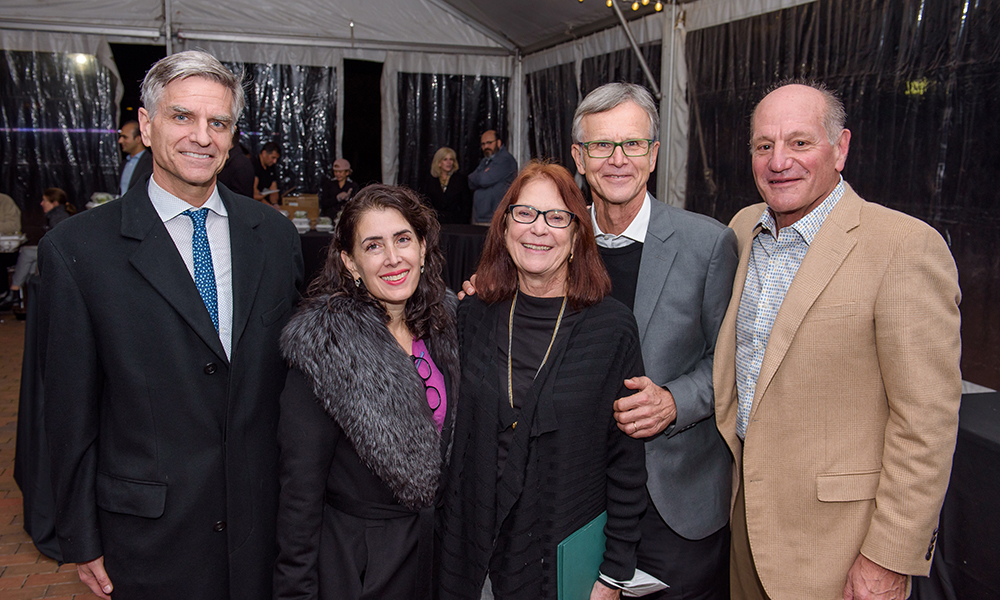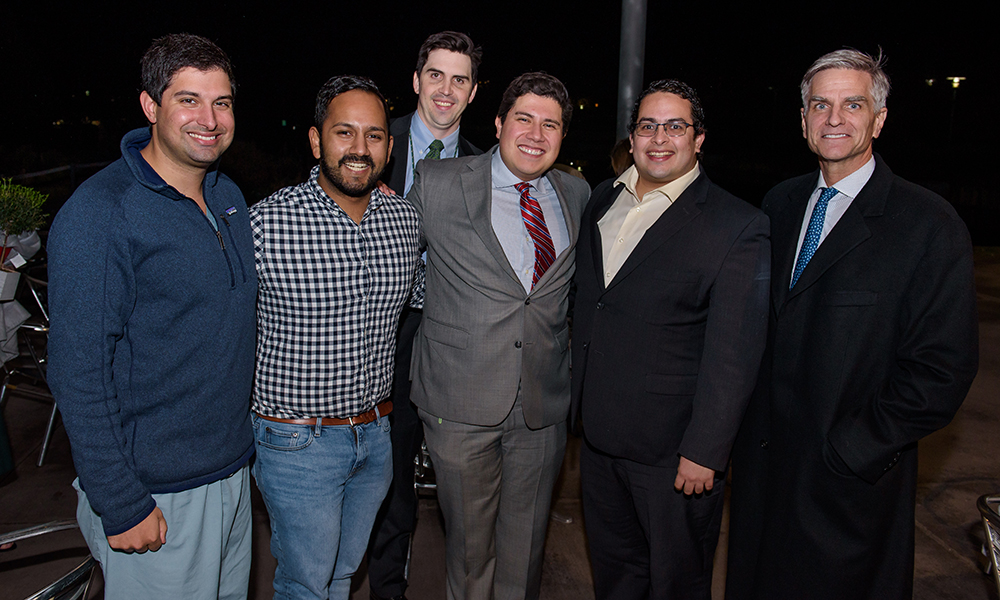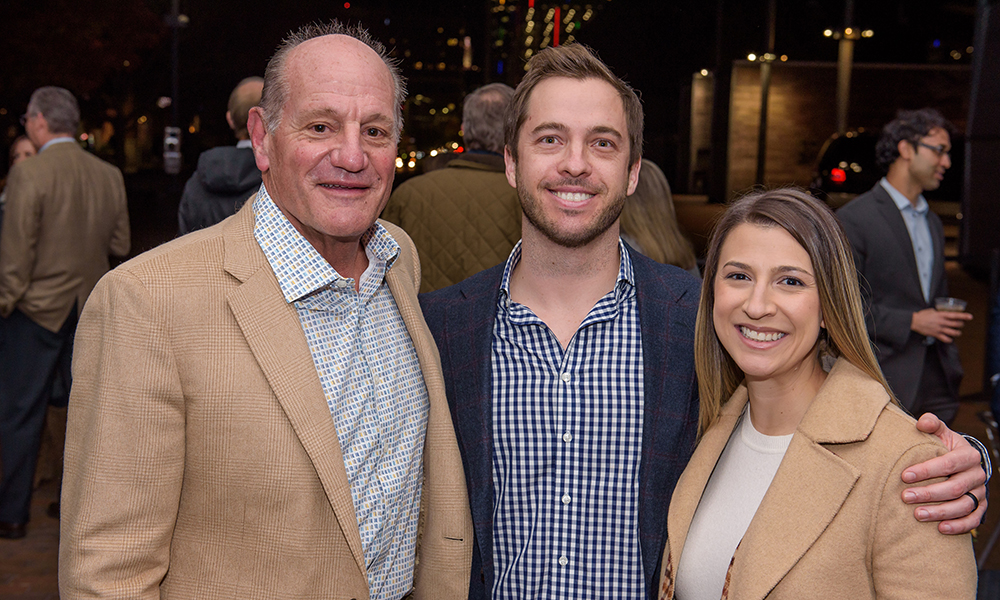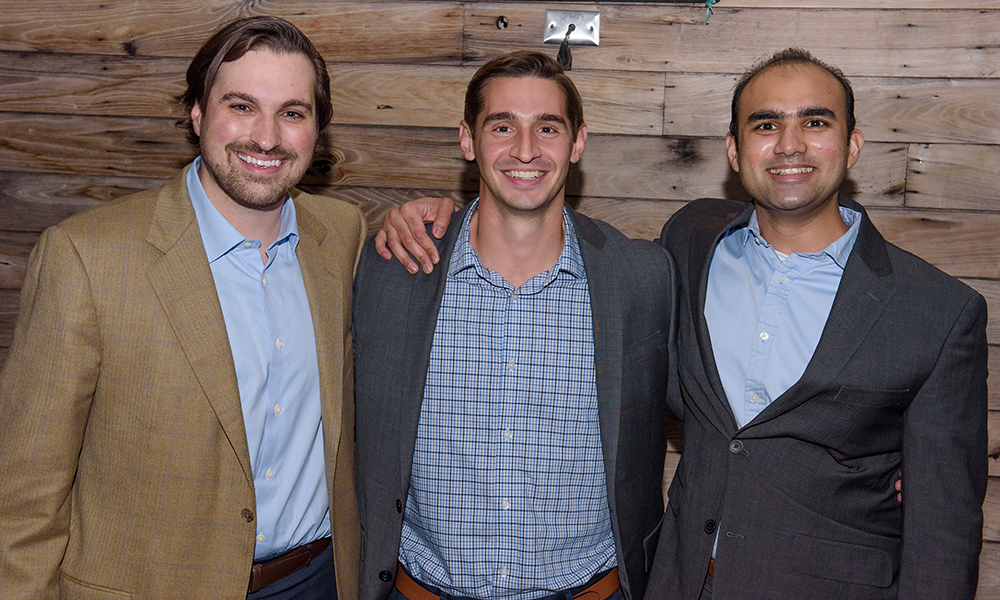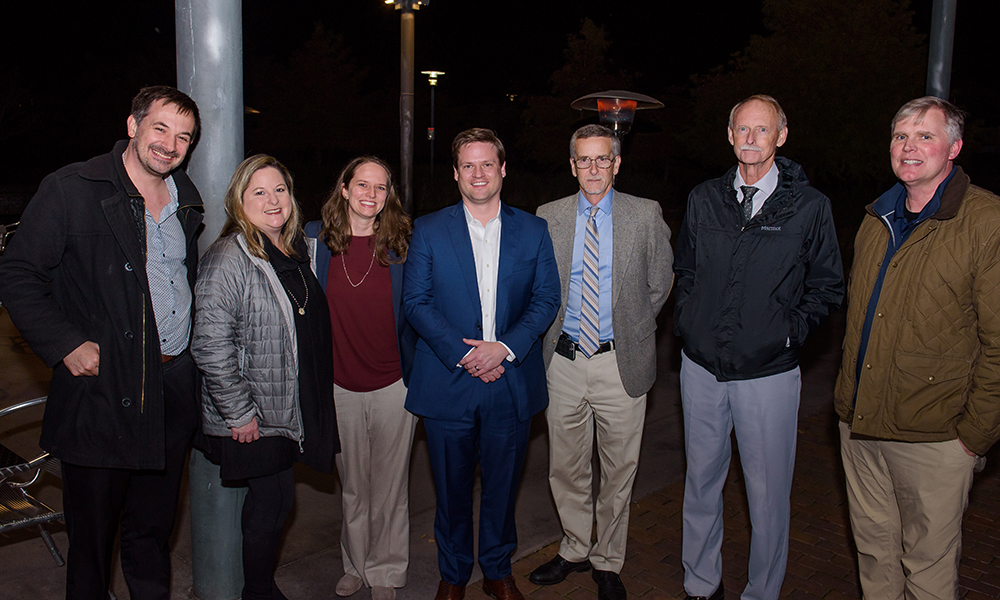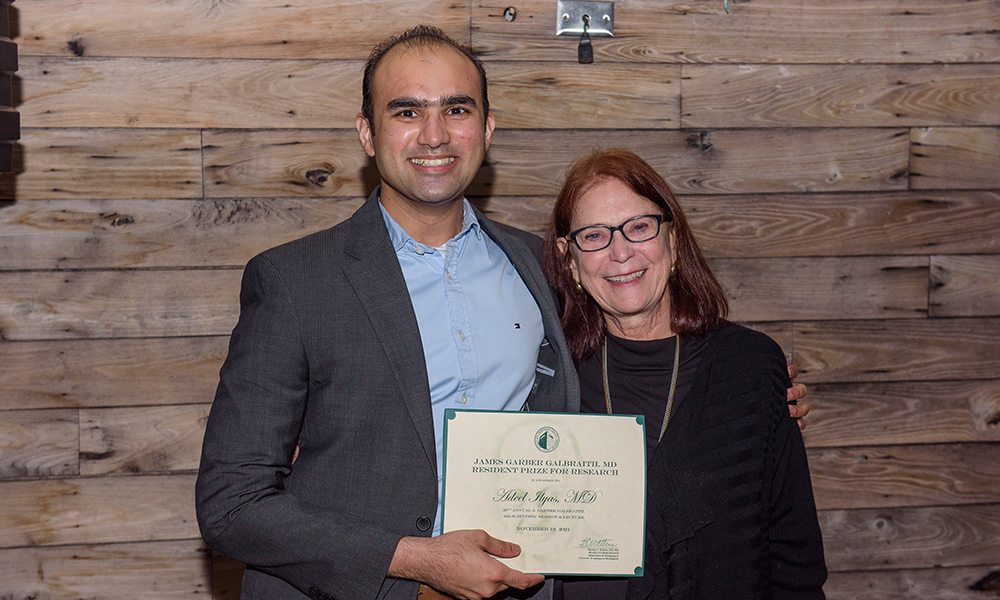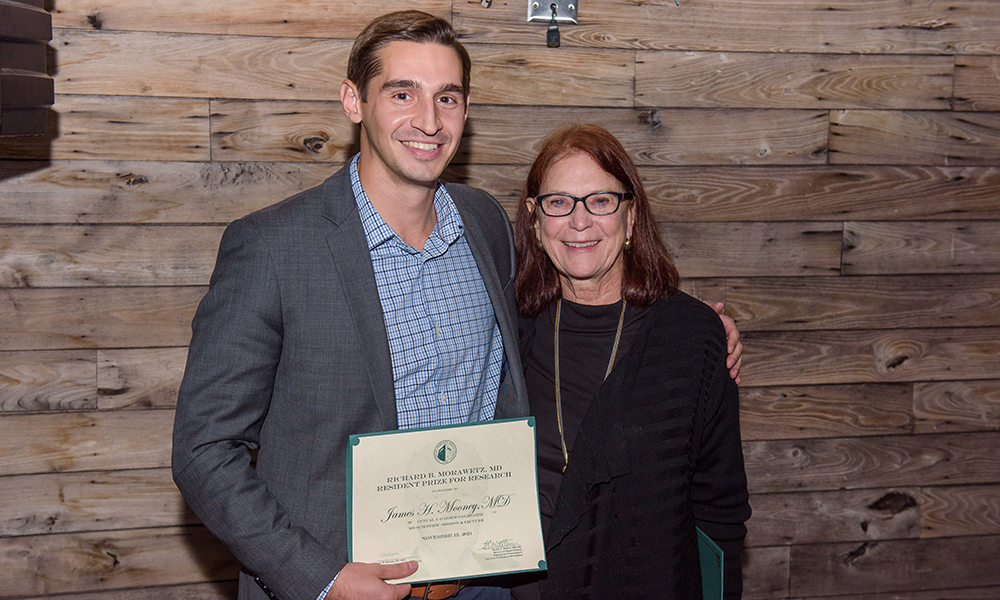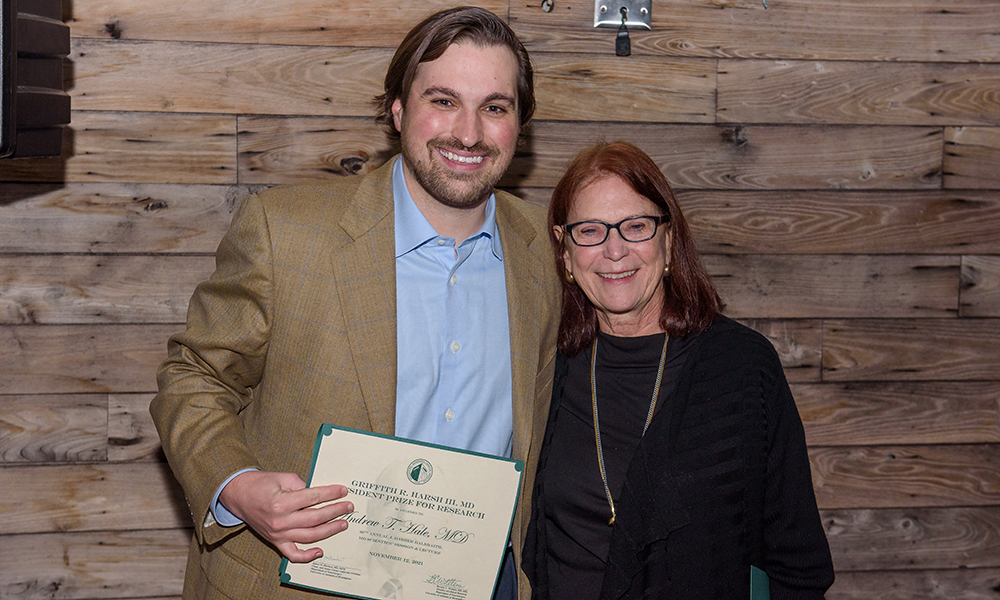Department of Neurosurgery welcomes Zicarelli
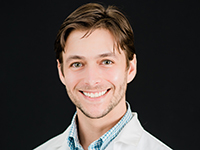 The UAB Department of Neurosurgery welcomes physician assistant, Michael Zicarelli.
The UAB Department of Neurosurgery welcomes physician assistant, Michael Zicarelli.
Clements joins department wellness committee
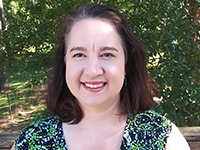
Jennifer Clements joins Department of Neurosurgery Assistant Professor Matthew Nelson, Ph.D., and Shannon Hall, CRNP, in the mission to meet the emotional, physical, and spiritual needs of all department faculty and staff.
Read moreDepartment of Neurosurgery welcomes Spruiell
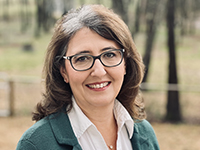 The department is pleased to welcome new program manager II, effective Jan. 3.
The department is pleased to welcome new program manager II, effective Jan. 3.
Alumni Spotlight: Jason Cormier, M.D.
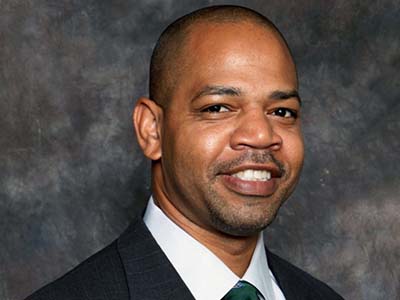 Dr. Jason Cormier, photo courtesy of Lafayette Surgical Speciality Hospital The Department of Neurosurgery is launching a new series featuring resident and fellow alumni. Given the high caliber of trainee programs, UAB Neurosurgery alumni boast rewarding and decorated careers in the field of neurosurgery.
Dr. Jason Cormier, photo courtesy of Lafayette Surgical Speciality Hospital The Department of Neurosurgery is launching a new series featuring resident and fellow alumni. Given the high caliber of trainee programs, UAB Neurosurgery alumni boast rewarding and decorated careers in the field of neurosurgery.
Department establishes Neurosurgical Spinal Service Board
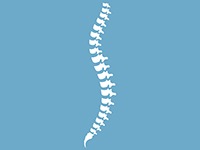
The UAB Department of Neurosurgery has launched a Neurosurgical Spinal service Board focusing on the treatment of patients with complex spinal disorders.
Department of Neurosurgery Professor Mark N. Hadley heads the neurosurgical spinal service board along with department faculty members Drs. Mamerhi Okor, Patrick Pritchard, Melissa Chambers, Daniel Harmon, and Jakub Godzik.
Read moreBoohaker graduates with her Doctorate of Nursing Practice
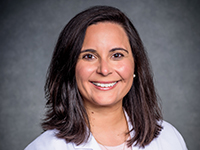
The Department of Neurosurgery congratulates Nurse Practitioner Andrea Boohaker, DNP, ACNP-BC, who graduated with her Doctorate of Nursing Practice (DNP) from UAB in December 2021.
Read moreHolland to be a Scholar in the Academy Emerging Investigators Program
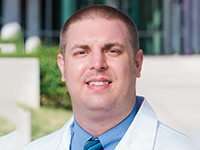
Department of Neurosurgery Assistant Professor Marshall Holland, M.D., MS, was selected to be a Scholar in the Academy Emerging Investigators Program (EIP), organized by the American Academy of Neurological Surgery.
Read moreLeavenworth featured in Department of Defense cancer research highlight
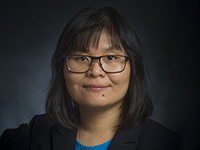
Jianmei Leavenworth, M.D., Ph.D., was recently featured in the Department of Defense Congressionally Directed Medical Research Programs (CDMRP) 2021 Peer Reviewed Cancer Research Highlights.
Read moreWalters to retire, assume adjunct professorship role
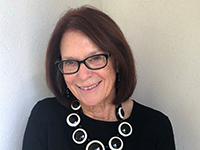
UAB Department of Neurosurgery faculty member Beverly Walters, M.D., MSc, FRCSC, FACS, will retire and assume an adjunct professorship role in the department, effective Dec. 1, 2021.
Read moreBailer named to Momentum Leadership Academy
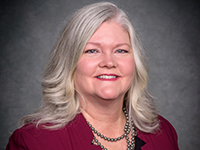
Department of Neurosurgery Executive Administrator Donna Bailer, J.D., LL.M., was selected to participate in the inaugural Momentum in Medicine at UAB executive leadership program.
Read moreDepartment of Neurosurgery welcomes DeGraffenried
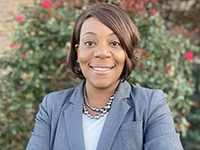 The department is delighted to welcome new personnel generalist, Cassandra DeGraffenried, effective Dec. 6.
The department is delighted to welcome new personnel generalist, Cassandra DeGraffenried, effective Dec. 6.
Walters leads 2021 Galbraith Scientific Lecture
The UAB Department of Neurosurgery held its 38th Annual J. Garber Galbraith, M.D., Scientific Session and Lecture on Nov. 12 in the Bradley Lecture Center. The Galbraith Lecture is given by a neurosurgeon who has made significant contributions to the field of neurosurgery, while the Galbraith Scientific Session highlights the research and achievements of past and present UAB neurosurgery residents.
Department of Neurosurgery welcomes Shannon
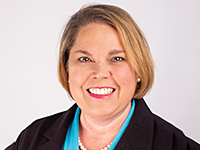 This month, our department welcomed Adjunct Professor Chevis N. Shannon, Ph.D.
This month, our department welcomed Adjunct Professor Chevis N. Shannon, Ph.D.
Boohaker named “health care hero”, attends inaugural UAB football Protective Stadium game
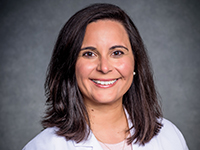 Department of Neurosurgery Nurse Practitioner Andrea Boohaker, MSN, has been named a 2021 Health Care Hero.
Department of Neurosurgery Nurse Practitioner Andrea Boohaker, MSN, has been named a 2021 Health Care Hero.
3 providers named 2021 “Top-Performing” Providers
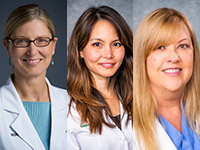
UAB Medicine Office of Patient Experience and Engagement (OPXE) has recognized 3 Department of Neurosurgery providers in the 2021 list of “Top-Performing” providers.
Read moreVan Meir awarded NIH grant
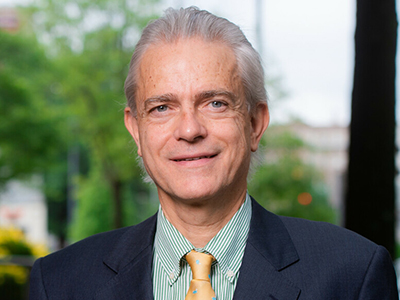
UAB Department of Neurosurgery Professor Erwin G. Van Meir, Ph.D., received a grant from the National Institutes of Health (NIH) to support his research on glioblastomas, a malignant brain tumor for which no cure is available.
Read moreRocque receives 2021 McNulty Award
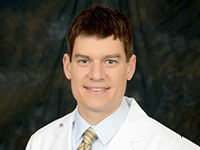
Associate Professor, Brandon Rocque, M.D., is the recipient of the Chesapeake Civitan McNulty Scientist Award for 2021.
Read moreResident Spotlight: Dr. Georges Bouobda Tsemo
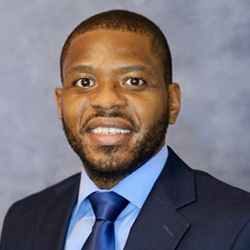
Dr. Georges Bouobda Tsemo joined the Department of Neurosurgery this summer as a PGY-1 neurosurgical resident.
Read moreDepartment represented at American Academy of Neurological Surgery annual meeting
 Professor James Johnston, M.D., James Garber Galbraith Endowed Chair of Neurosurgery James Markert, M.D., MPH, and Professor Kristen Riley, M.D., as well as Professor Mark Hadley, M.D., and Distinguished Professor Jerry Oakes, M.D., attended the American Academy of Neurological Surgery (AAcNS) annual meeting last month.
Professor James Johnston, M.D., James Garber Galbraith Endowed Chair of Neurosurgery James Markert, M.D., MPH, and Professor Kristen Riley, M.D., as well as Professor Mark Hadley, M.D., and Distinguished Professor Jerry Oakes, M.D., attended the American Academy of Neurological Surgery (AAcNS) annual meeting last month.
Riley featured in UAB MedCast podcast on skull-based surgery
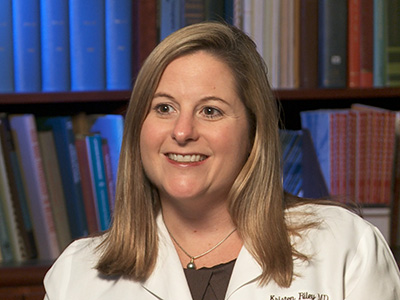 UAB Department of Neurosurgery Professor Kristen Riley, M.D., was a recent guest on UAB MedCast - a medical education podcast for healthcare professionals. She joins a long list of experts to speak on various topics and innovations in the field of healthcare.
UAB Department of Neurosurgery Professor Kristen Riley, M.D., was a recent guest on UAB MedCast - a medical education podcast for healthcare professionals. She joins a long list of experts to speak on various topics and innovations in the field of healthcare.
